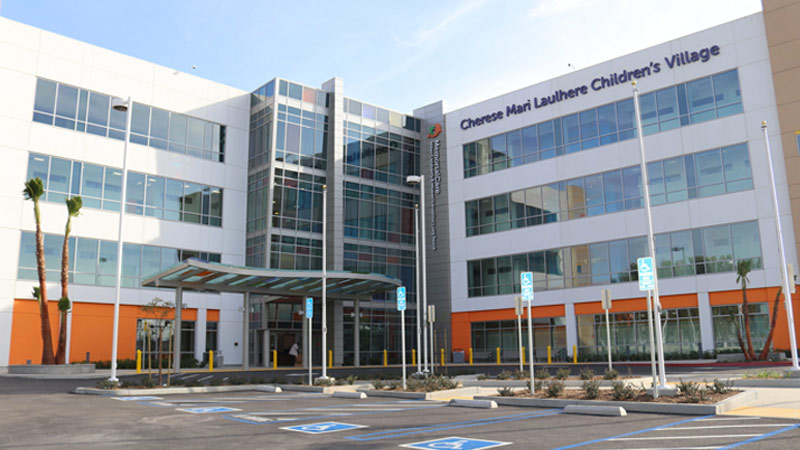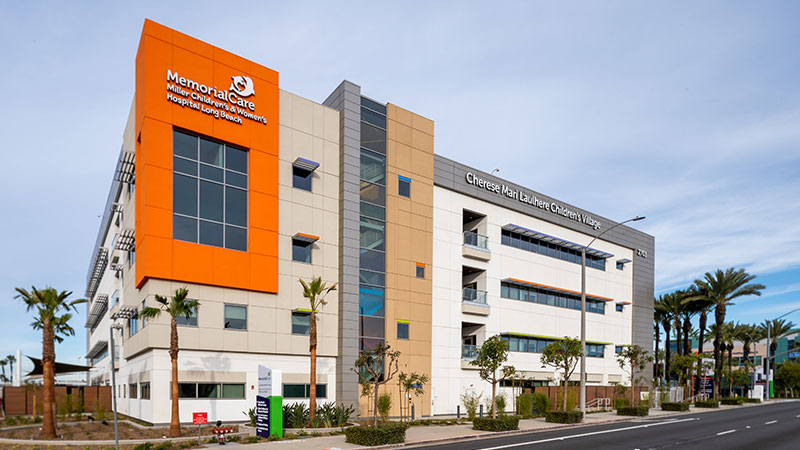We recognize that you may feel uneasy taking your baby home from the Neonatal Intensive Care Unit (NICU). The goal of our Neonatal Continuing Care Program is to help your family make a seamless transition. This will be your medical home, specially designed to support recent NICU graduates.
After your baby is discharged from the NICU, the Neonatal Continuing Care Program will call you to assess your baby’s progress and next steps. Our team will address your baby's medical, developmental, and social needs.
Conditions
During pregnancy, a baby meets growth and development milestones each week. When a baby is born prematurely, they are more likely to experience health problems because they did not spend a full 40 weeks in the womb. Since the baby had less time in the womb, they may have some medical conditions that need to be taken care of in a neonatal intensive care unit (NICU).
Centers & Programs
We're one of 22 hospitals in California to feature a regional Level IV NICU, which is the highest designation available by the American Academy of Pediatrics. This means we have advanced capabilities, along with skilled specialists, to care for sick and critically ill, and premature babies. We treat nearly 1,200 critically ill and premature babies each year.
During pregnancy, a baby meets growth and development milestones each week. When a baby is born prematurely, they are more likely to experience health problems because they did not spend a full 40 weeks in the womb. Since the baby had less time in the womb, they may have some medical conditions that need to be taken care of in a NICU environment.
Amazing Babies Program was put in place to bridge the gap between NICU discharge and outpatient care for the most critically-ill babies.
Your Care Team
Physicians

Other Team Members
In our Neonatal Continued Care Program, you will see familiar faces who cared for your baby in the NICU and who know your baby's medical history. Our multidisciplinary team with comprehensive training to care for premature and high-risk infants, includes:
- Neonatologist
- Pediatric nurse practitioner
- Occupational therapist
- Physical therapist
- Registered dietitian
- Lactation consultant
- Social worker
Our care team collaborates with your pediatrician and subspecialists to provide all-inclusive care. After our visits, they will receive an extensive report to remain fully updated. It is important to note that your pediatrician is your primary medical provider for your baby's health.
We will fully transition management to your pediatrician once you feel confident in your skills to care for your baby.


